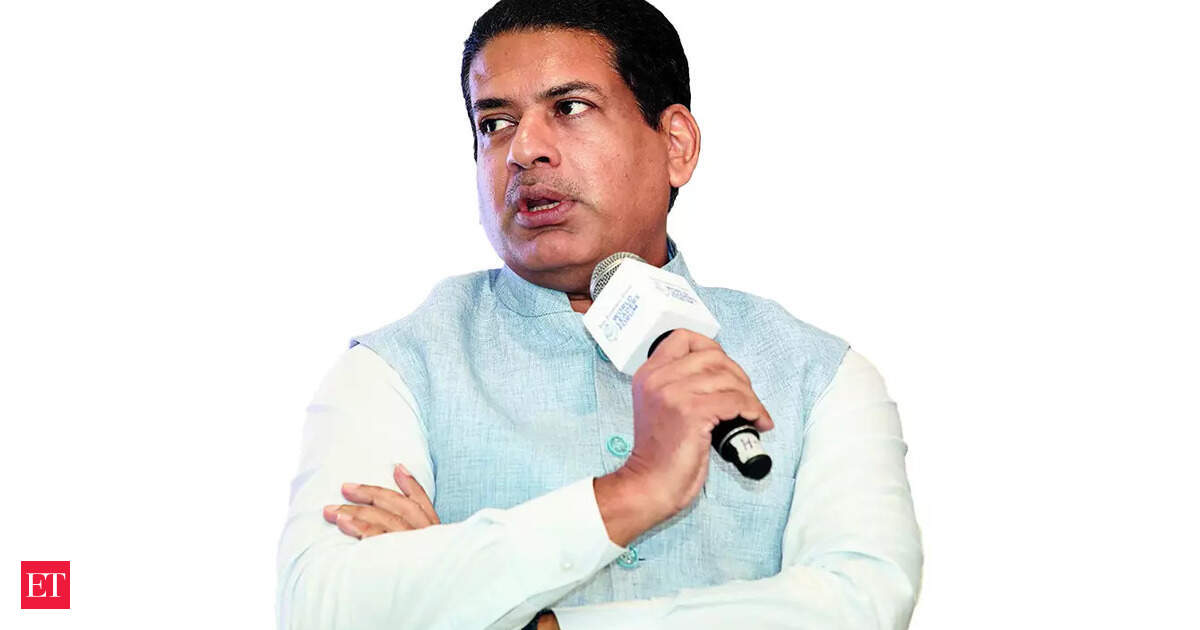Key Takeaways
- The government has extended the deadline for solar equipment manufacturing projects under the PLI scheme by up to two years.
- This extension aims to address delays in acquiring capital goods for manufacturers, particularly in the ingot-wafers and polysilicon segments.
Extension for Solar Projects Approved
The Indian government has granted a two-year extension for the commissioning of solar equipment manufacturing projects under the production-linked incentive (PLI) scheme. The decision, communicated by Renewable Energy Secretary Santosh Kumar Sarangi, follows requests from the industry, which cited delays in capital goods procurement as a primary concern. Many companies involved in ingot-wafers and polysilicon manufacturing were unable to source necessary equipment for a variety of reasons.
The Ministry of New and Renewable Energy (MNRE) proposed the extension to the empowered group of secretaries, chaired by Cabinet Secretary TV Somanathan. This additional time is anticipated to assist manufacturers in commencing production, particularly in the crucial wafer-ingot and polysilicon sectors. Currently, India’s solar module manufacturing capacity exceeds 100 GW, while cell capacity stands at approximately 27 GW, and ingot-wafer capacity is at 2 GW.
CareEdge Ratings forecasts suggest that solar module and cell capacities may reach as high as 200 GW and 100 GW, respectively, by FY28, surpassing domestic module demand, which is expected to be around 50 GW annually over the next three years.
Boosting Solar Energy Infrastructure
The first tranche of the National Programme on High Efficiency Solar PV Modules addresses a total capacity of 8,737 MW under the PLI scheme for the solar sector. Companies such as Reliance New Energy, Shirdi Sai Electricals, and Adani Infrastructure secured bids in this tranche, with a project commissioning deadline set for December 2024. The cumulative incentive allocation for this tranche amounts to ₹4,455 crore.
In the second round of allocations, the total capacity awarded was significantly larger, reaching 39,600 MW across three categories including modules, cells, ingot-wafers, and polysilicon, with a total incentive allocation of ₹13,938 crore. Companies such as Waaree Energies, Avaada Ventures, ReNewSolar, JSW Renewable, and Reliance New Solar Energy were among those awarded capacity in this tranche, with various commissioning deadlines extending to June 2025 for cells-modules, December 2025 for wafer-cells-modules, and March 2026 for polysilicon-wafer-cells-modules.
Despite the extension, the overall timeline for the PLI scheme remains unchanged, with tranche-I concluding in FY30 and tranche-II by FY32. The incentives were part of a broader initiative aimed at boosting local manufacturing across 14 sectors in response to challenges posed by the Covid-19 pandemic. As of the end of June, a total of 806 applications have been approved under various PLI schemes, with the government having disbursed ₹21,534 crore in incentives across sectors including IT hardware, bulk drugs, telecom, and specialty steel.
The content above is a summary. For more details, see the source article.















